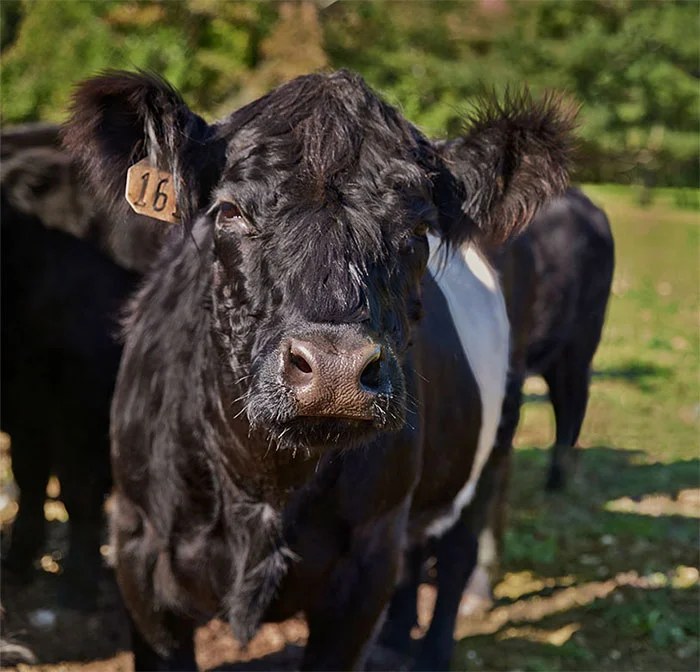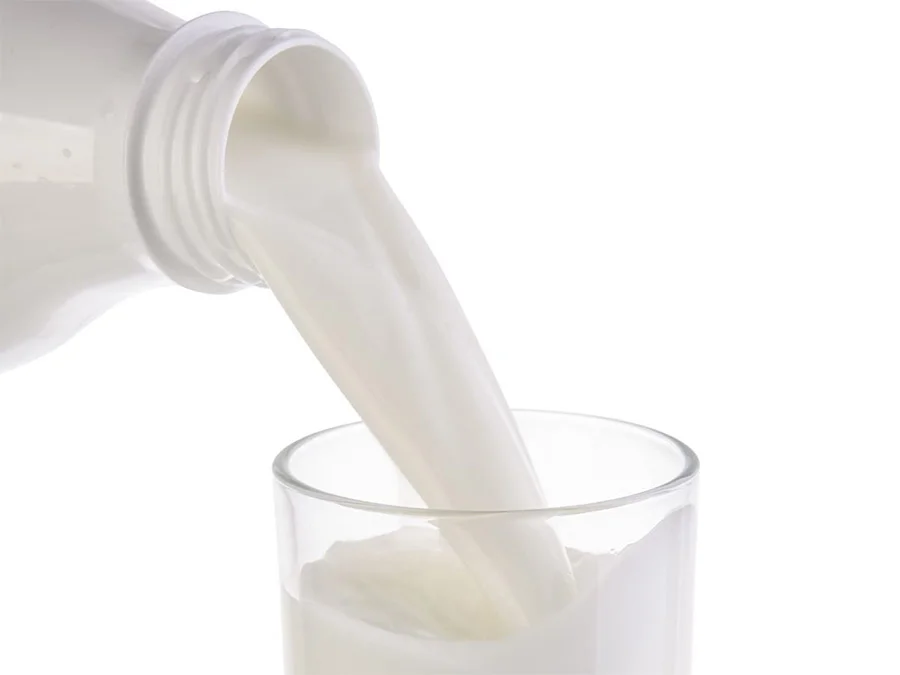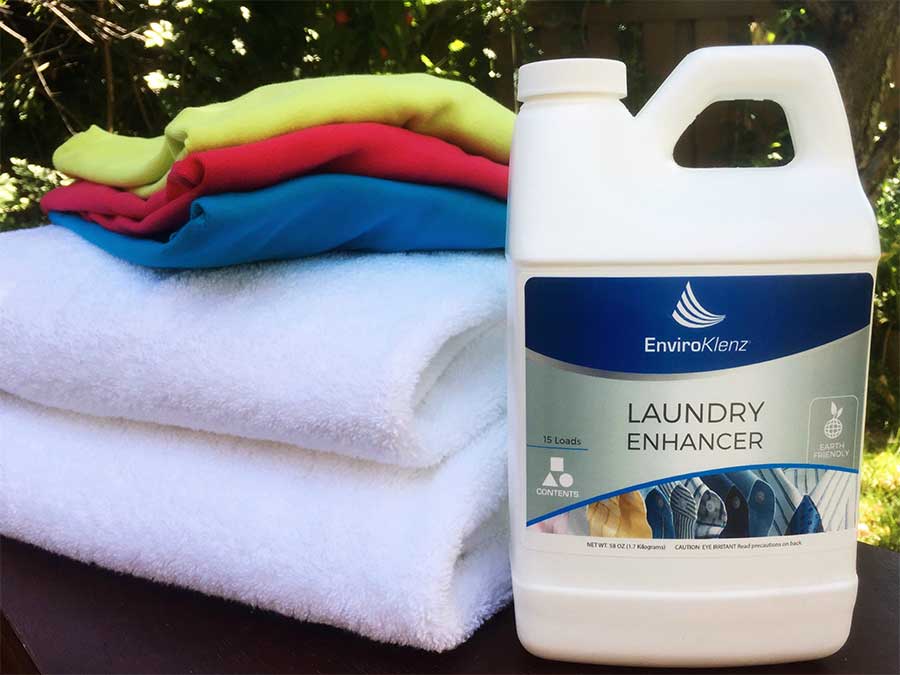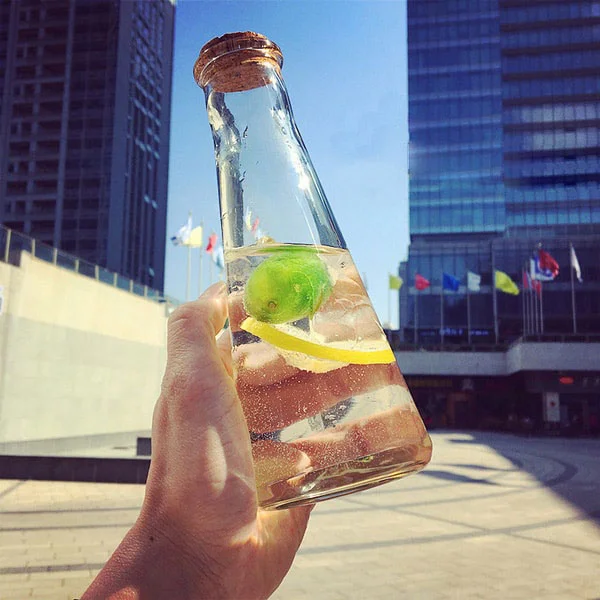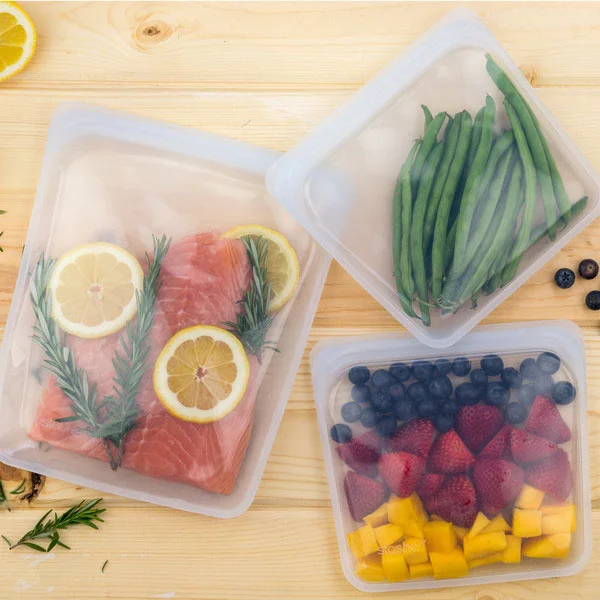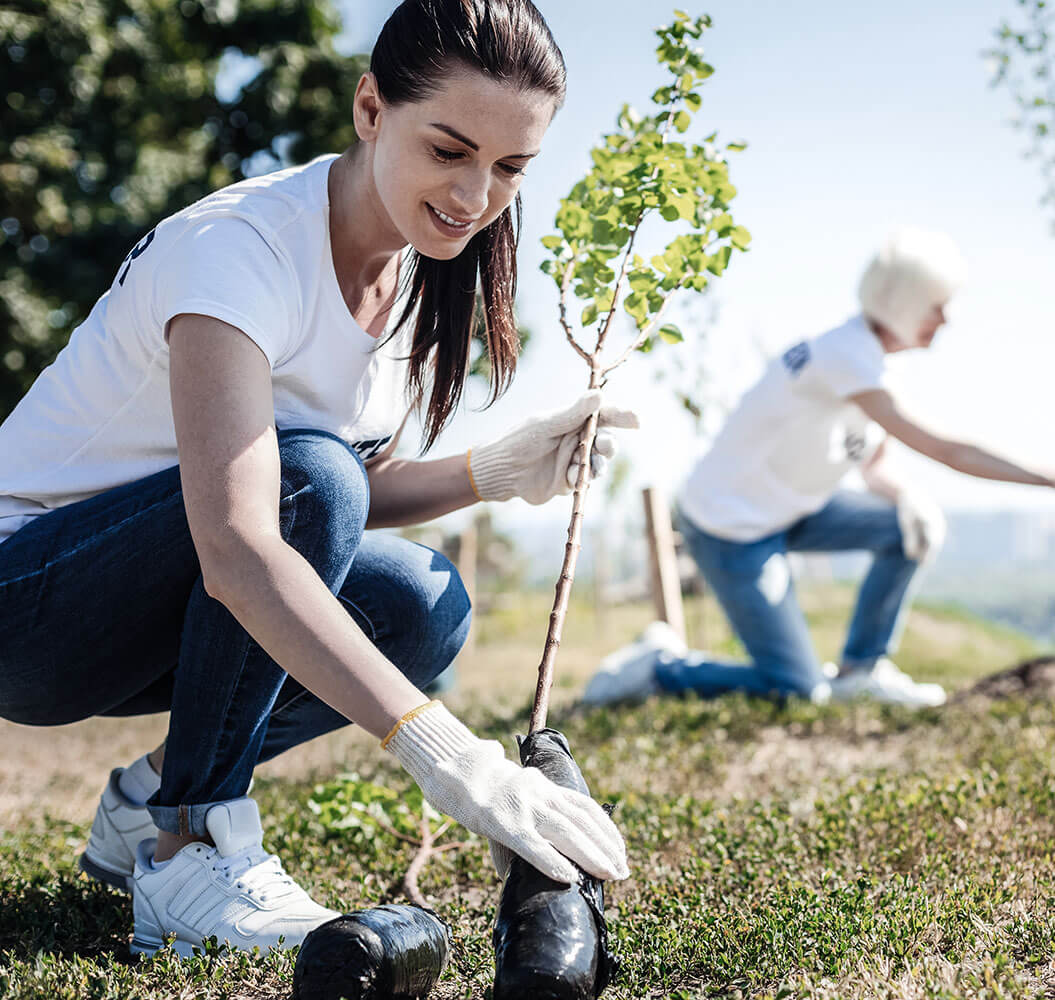Best Benefits of Organic Lifestyle
We’ve heard it from our friends, family, and neighbors and even on TV today. Buy organic because it’s good for you. That’s the common message that we hear. With so many options available in this global economy, you have probably been faced with whether to just go 100% organic, from what you eat, to what you wear, to even what you sleep on. You obviously want to do your part and do the right thing to not only improve your health but also help the world at the same time. But like most of us, buying simply 100% organic can be a little expensive.
So we asked ourselves, what is really important for our health? Listed below are 11 things you should know why it’s best to buy organic.
Ground Beef is a great source of protein by ButcherBox
Beef
So let’s start off our list with beef. We’ve all heard the scary stories about the risk of eating chicken. Although chicken is a great source of protein, beef is actually may be the most important. According to various research from Samuel Epstein, MD, professor emeritus of environmental and occupational medicine at the University of Illinois at Chicago School of Public Health suggests a strong correlation between some of the hormones given to cattle and cancer in humans, and in particular breast cancer. Additionally, experts in this field of study suggest that the concern is the estrogen-like agents used on cattle could transfer over and increase your cancer risk.
So when you buy Organic Beef that has been certified by the US Department of Agriculture (USDA), you are reducing these risks. Shop with confidence from companies like ButcherBox, as they provide quality food at unbeatable value, direct from the farm to your family table. Additionally, by going 100% organic you are not only cutting out the estrogen-like agents and hormones, you’re also avoiding the antibiotics cattle typically receive, which the USDA explains that this can directly affect the development antibiotic-resistant bacteria in people.
SHOP BUTCHERBOX
Milk
Speaking of cattle, let’s talk about cows. We all know that cows also product a liquid we call milk. But do you know what kind of dairy you are drinking? Did you know that dairy products account for about 60 to 70 percent of the estrogens we consume through our daily meals (breakfast, lunch, and dinner). If your wondering how that can be, well milk naturally contains hormones passed along from cows. Just like the previous section regarding beef, what the cattle gets fed, medicines injected into the cows, gets passed down to people because we consume it. According to some experts, 17% of dairy cows are actually treated with the hormone rBST (or rBGH), which stimulates milk production by increasing circulating levels of another hormone called insulin-like growth factor (IGF-1).
According to several researchers, elevated levels of IFG-1 in people are associated with an increase risk of cancer (breast cancer). The use of rBGH is actually banned in several parts of the world such as Europe and Canada. Although there is much needed research on this subject matter, it’s definitely a concern when you take in a glass of milk. To help avoid this concern, make sure that the milk that mom buys is labeled rBGH-free, rBST-free, or is produced without artificial hormones.
Strawberries health benefits
Fruits: Strawberries
Strawberries are delicious and a great source of food for most, but did you know these types of fruits, like most others, can be a potential risk to your health. Pesticides are the culprit for most fruits and in fact according to Environmental Working Group (EWG) reports that up to 13 pesticides have been detected on strawberries. The reason whey we are talking about strawberries is that the surface area of the fruit has many tiny bumps, which makes the pesticides hard to clean off. As a result, if not washed carefully, you may indeed be taking in some of these pesticides within your system.
Vegetables: Celery
According to EWG research, out of the 89,000 produced-pesticide tests to determine the most contaminated fruits and vegetables, celery not strawberries topper the list. Celery actually had the most chemicals because celery stalks are very porous, so therefor they retain the chemicals (up to 13) they are treated with. With that being said, EWG also advises to beware of buying organic bell peppers, spinach and potatoes as their research also claims that they contain high level of pesticides.
Tomato sauce
For all you pizza lovers, when deciding to pick up your tomato sauce, which one do you usually go for? If you’re swayed by the price, or the look of the packaging, you may want to read this. We recommend selecting the tomato sauce that’s packaged in the glass jar or the box over the standard canned sauce. Products like Yellow Barn Biodynamic - Tomato Concentrate is an excellent choice. The reasoning behind this is based on some research that the lining on the inside of food cans that’s used to protect against corrosion and bacteria may contain BPA.
In fact according to Consumer Reports, their test show that BPA levels in several canned foods and identified this in nearly all of the brands tested, suggesting that the BPA chemical leaked in. According to research, BPA in the lining can actually latch itself into the food. So next time you make pizza, be sure to grab the tomato paste in the glass jar or box. Better yet, just make the tomato paste / sauce from scratch.
SHOP YELLOW BARN
Cookware
The importance of what we eat has never been more important as to what we use to cook them with. Did you know that most nonstick cookware contains a fluorochemical called PTFE which breaks down to form toxic fumes when used for cooking in high temperature? According to research, these fumes can cause allergy-like symptoms by coating the inside of our lungs.
In addition, based on the test commissioned by EWG, they discovered that in just a few minutes on a traditional stove, cookware coated with the nonstick surfaces could actually emit toxic gases. Based on this research we recommend to switch to cookware of stainless steel, or even ceramics. Products like T-Fal 13 Piece Cookware set is perfect to make the next home cooked family meal.
SHOP T-FAL
Yard pesticides
Healthy Yard
During the spring and summer seasons, many American’s think about taking care of their yard. In doing so, many of us use fertilizers and liquid sprays to help with yard. Did you know however that some lawn and garden pesticides contain suspected carcinogens? In fact according to some research, long-term pesticide exposure can be related to changes in the brain and nervous system. Additionally, not only is breathing in these pesticides a concern, but also you may be brining some of these chemicals in your home from what you track in. The good news is that there are indeed healthier brands like Avenger® and Dr. Earth®. Just double check the labels next time your out to get some lawn care products. It only takes a few seconds to see what’s on the label.
All-purpose home cleaners
Is is that time already? Spring Cleaning? We all know that there are chemicals within your household cleaners. Did you know that using commonly household cleaners could actually expose you to potentially harmful chemicals? For example ammonia and chlorine bleach can irritate the skin, eyes and respiratory. Some cleaners contain phthalates, some of which are endocrine disruptors, in other words are interfering with normal hormone activity. We tested and like EnviroKlenz.
SHOP ENVIROKLENZ
Water bottles
What’s the deal with water bottles you say? Well if you have not heard this already, many hard reusable plastic water bottles could actually be harmful to your body. Why? According to the National Institute of Environmental Health Sciences, many of these types of water bottles may contain a chemical called BPA or bisphenol A, which is endocrine another disruptor. This is especially concerning for adults. According to several doctors, the main concern with BPA is that it can increase the risk of breast cancer in women and reduce sperm counts in men. Additional many doctors state that BPA can leach out into the water in the bottle. As a safe precautionary tip, look for BPA-free plastic bottles such as Apollo Box.
SHOP APOLLO BOX
Food-storage containers
Once again BPA reveals its existence in another product, food-storage containers. Just like the water bottles, BPA can leach out and seep into your food. Did you know that many food-storage containers are made of hard, clear polycarbonate plastic that may indeed contain BPA? The leaching process actually can be increased during the heating of foods. In addition the cooling of foods within these containers can lessen the leaching process. With that being said, glass containers are highly recommended, as they do not contain any BPA. Glass containers and many other sustainable eco-friendly products can be found at many retailers such as Mighty Nest.
SHOP MIGHTY NEST
Mattresses
Did you know that most mattresses might have been treaded with a potentially toxic flame retardents called polybrominated diphenyl ethers also know as PBDEs. In fact studies show that PBDEs have been linked to learning, memory and behavioral impairments. Although PBDEs were phased out of mattresses back in 2005, they can still be found in other household items. Some of these items include carpeting and even electronics. We recommend to check the products you purchase and opt for products that haven’t been treated with PBDEs. Check out our review for the Best Organic, Eco-Friendly and Natural Mattresses.
Shana Thompson is a full time professional writer and editor. Shana has worked extensively in the fields of content marketing, on-page and off-page SEO (guest posts, backlink acquisition), and creative writing. As an experienced pro content writer, Shana has worked on several magazines, publishing companies and marketing agencies. Many recent projects have included everything from nutrition and health services, where a lot of research and citations were needed, to writing about health, sustainable, eco-friendly products.
Follow Shana at Shana Thompson


